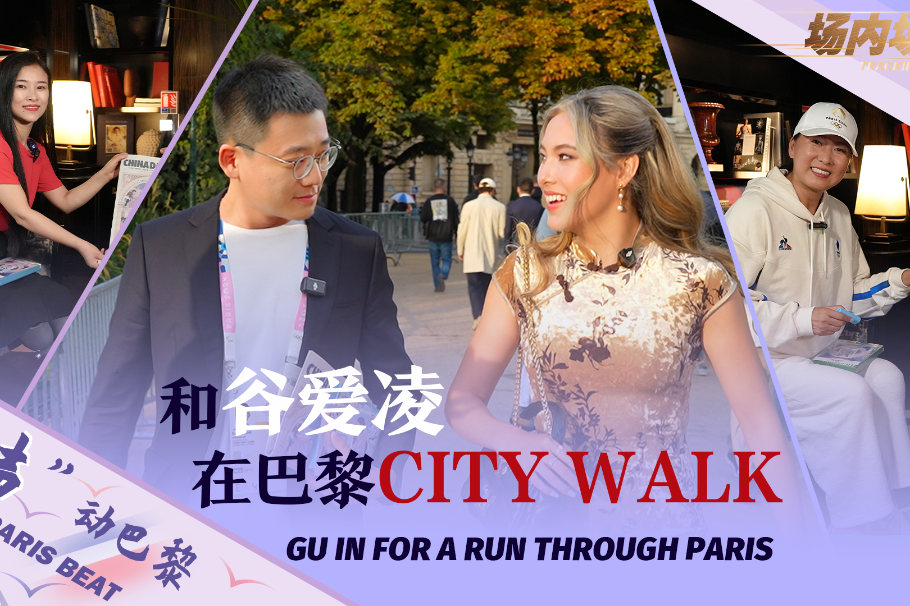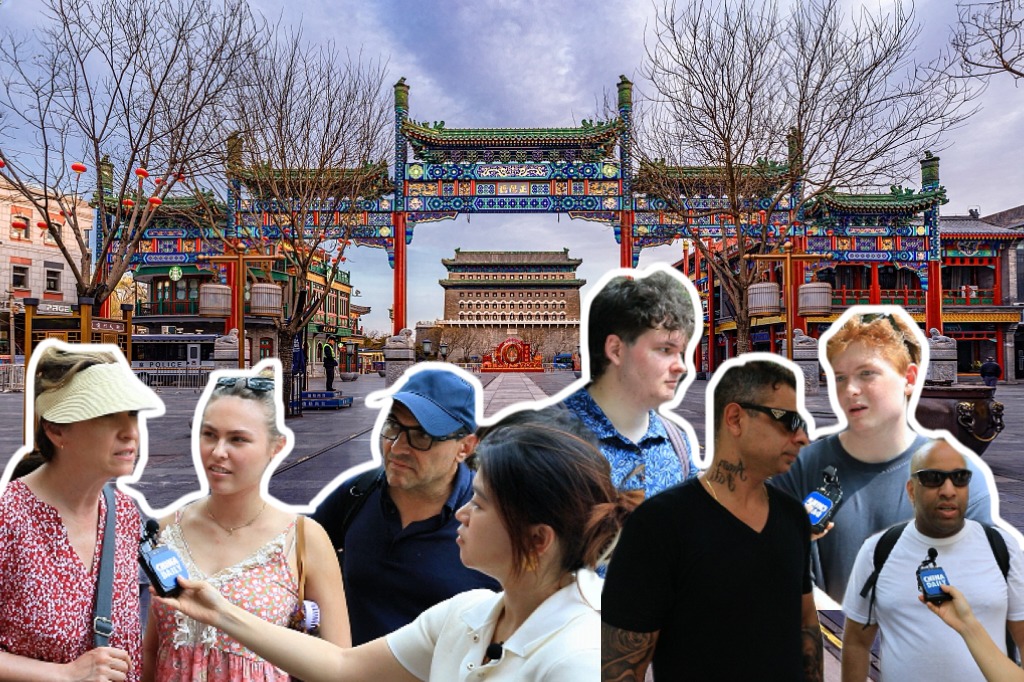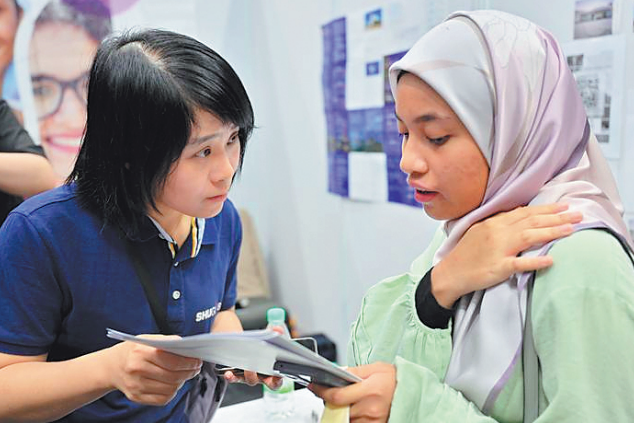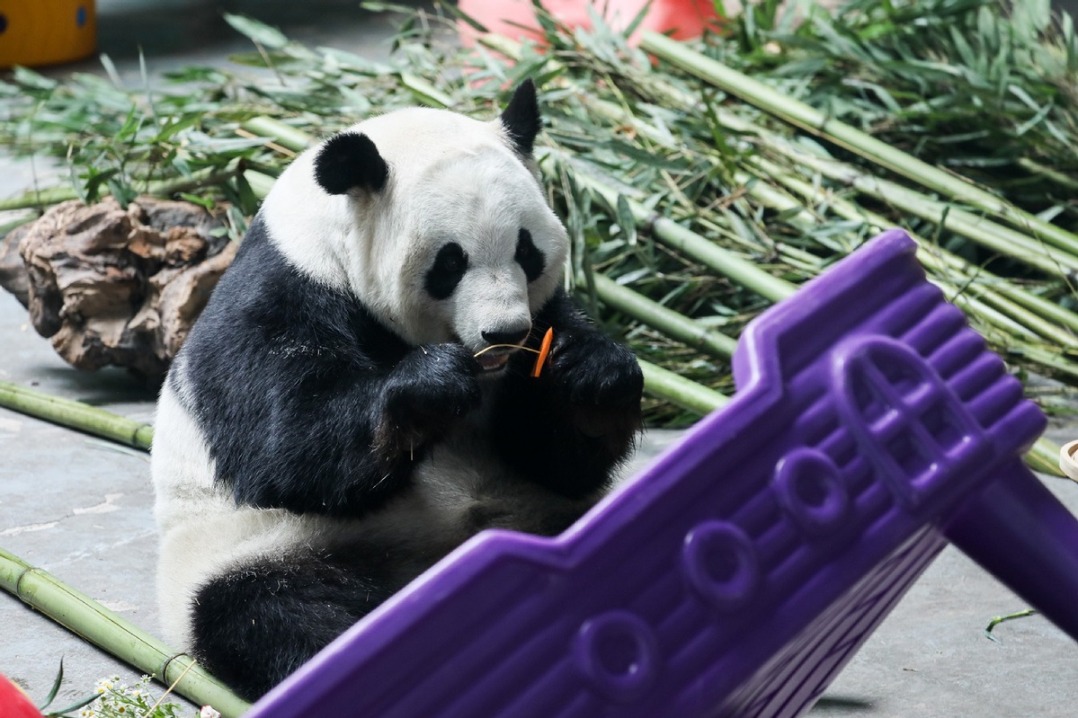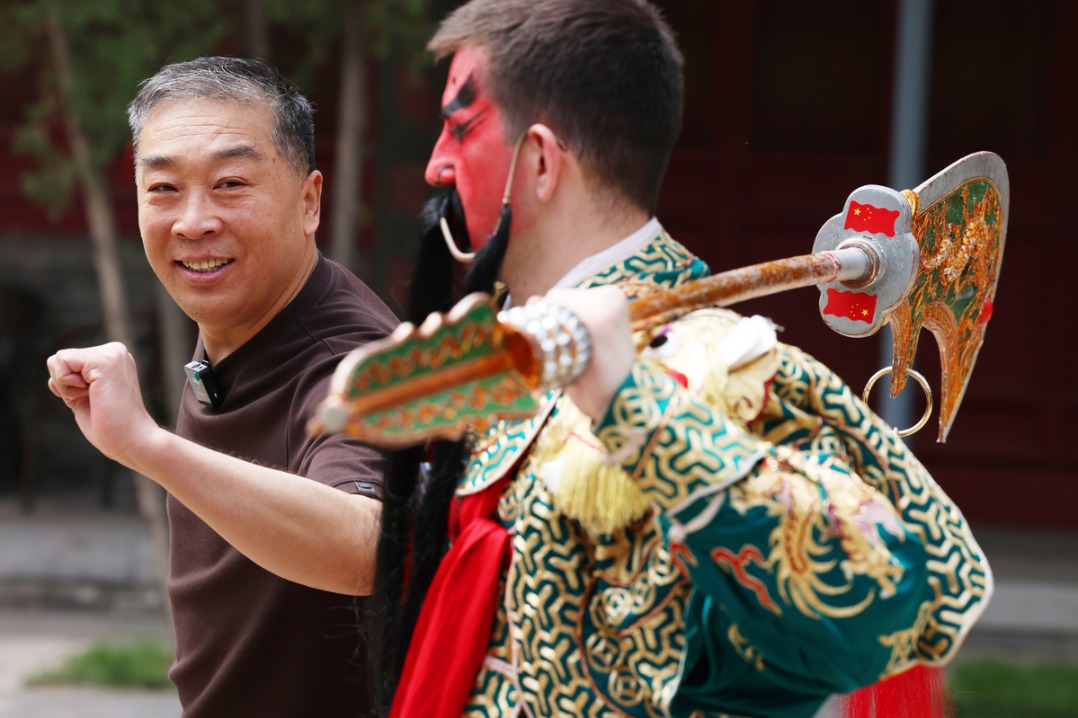Translator builds bridges between cultures
By ZHOU JIN | China Daily Global | Updated: 2023-08-16 09:12

Scholar has spent years bringing Australian literature to Chinese readers
For more than four decades, Li Yao has devoted himself to introducing Australian literature to Chinese readers through his translations, hoping that every page will be an opportunity to foster intercultural understanding that will develop into unbreakable bonds and connect hearts and minds across the ocean.
The 77-year-old is a trailblazer who has translated more than 40 books related to Australian literature, history and culture into Chinese, including the works of Nobel Prize winner Patrick White, aboriginal writer Alexis Wright and Colleen McCullough, who wrote The Thorn Birds, a global best-seller.
Li said his work derives from a passion for literature, especially stories from Australia.
"At the time I started translating, Australian literature was still an untouched area in China. I think it is both a mission and a responsibility for me to bring Australian literature to China, and my writer friends want me to translate their works into Chinese. So I feel obligated to do this," he said. "Literary translation is a journey full of hardships, which requires unwavering dedication despite the meager rewards and often thankless toil."
Yet with an unyielding heart, Li continues his journey tirelessly.
Li graduated from Inner Mongolia Normal University in 1966, where he studied English for four years. He also wrote novels for many years.
He embarked on his path of literary translation in 1978. Before that, he was a journalist and an editor for a journal in the Inner Mongolia autonomous region. "At the time, I didn't know that literary translation would become a career to which I would devote myself for 40 years. It just came from a simple idea — to remind me not to forget English."
The reform and opening-up policy sparked a literary trend in China at the end of the 1970s, and Li said he felt a strong calling to introduce foreign literature to the country. With limited resources, he worked on whatever he could find and reached out to renowned translators such as Dong Leshan and Wang Zuoliang, writing letters to them asking for help.
To his surprise, they responded with warmth and encouragement, even sending him works to translate. By 1980, Li had published a number of translated works.
He believes that his previous writing experience is quite helpful to the translation process. "Because I have written novels for many years, I can better capture the writers' thoughts and emotions and the way they express themselves," he said.
"Literary translation is not just the mechanical translation of language: It is the art of re-creation."
Li said it was both accidental and inevitable that he started his journey of translating Australian literature.
"I was in the dark about Australian literature. The information I could get at that time was scarce," he said.
However, in the 1980s, Li happened to meet Alison Hewitt, an Australian teacher of English, who was working at Inner Mongolia University in Hohhot, the regional capital.
Hewitt sent Li books, including short stories by Australian writer Henry Lawson and The Tree of Man by Patrick White.
"It was my first exposure to Australian literature. I was ecstatic, so I studied the texts day and night," Li recalled.
Li's translation of Lawson's short stories was quickly published. In 1986, with the help of Hu Wenzhong, a famous scholar of Australian studies at Beijing Foreign Studies University, Li finished a joint translation of The Tree of Man, which was published in 1991.
In the decades that followed, Australian literary translation became both a profession and a labor of love for him.
Through his work, Chinese readers are able to explore the complex lives of an ordinary Australian couple amid the vast, unforgiving landscape of the bush, the ancient legends and myths of the indigenous people in the fictional Carpentaria of northern Australia, and an Australian man of Chinese descent who embarks on a poignant journey to rediscover his roots and understand the profound impact of his ancestry on his own identity.
As an avid translator, Li maintains a busy schedule: In addition to teaching translation at Peking University, he spends most of his time translating a novel called Edenglassie by Melissa Lucashenko.
Though the country's literature is probably less well-known to Chinese readers than works from other parts of the Western world, Li said Australia's unique history, landscape and way of life provide a different perspective from which to observe another culture and society.
Especially at a time when political tensions loom large between China and Australia, the importance and urgency of cultural communication and exchanges between people from both countries are highlighted as they are the basis of bilateral relations, Li said.
He mentioned his friendship with Australian writer Thomas Keneally, who rose to fame with his novel Schindler's Ark, which was adapted into the cinematic masterpiece Schindler's List.
Li said that Keneally wrote a letter to him last year, saying that he was saddened to see that Australian politicians and China were at odds. "My concept of China is you: an urbane, energetic, amiable man," Keneally wrote. Li said: "When Keneally said his concept of China is me, he did not only mean me personally. Instead, he also had a good impression of the Chinese people in his mind."
He added that despite the current strained bilateral ties, individual and institutional links and communication have never been interrupted.
He sees the potential of literature to dissolve barriers of misunderstanding and suspicion. "The mutual understanding and trust between ordinary people can only be deepened through exchanges, and literary works are an important tool for such understanding," he said.
A book co-written by Li and Australian historian David Walker, Happy Together: Bridging the Australia-China Divide, was published in Australia in June last year. From 2013 to 16, Walker was the inaugural BHP Billiton Chair of Australian Studies at Peking University.
"The book is a tale of the friendship between David and me," Li said. The two men were born around the same time but in very different societies, and they traveled together for three years to explore the places where they grew up.
While contrasting the differences, the book notes the histories and experiences they have in common and conveys the long connection that has existed between China and Australia. As its title suggests, people-to-people links serve as ways to bridge the divide, and these links are needed now more than ever, Li said.
"I am still full of hope for the future and full of confidence in the exchange of literature between China and Australia," he added.





